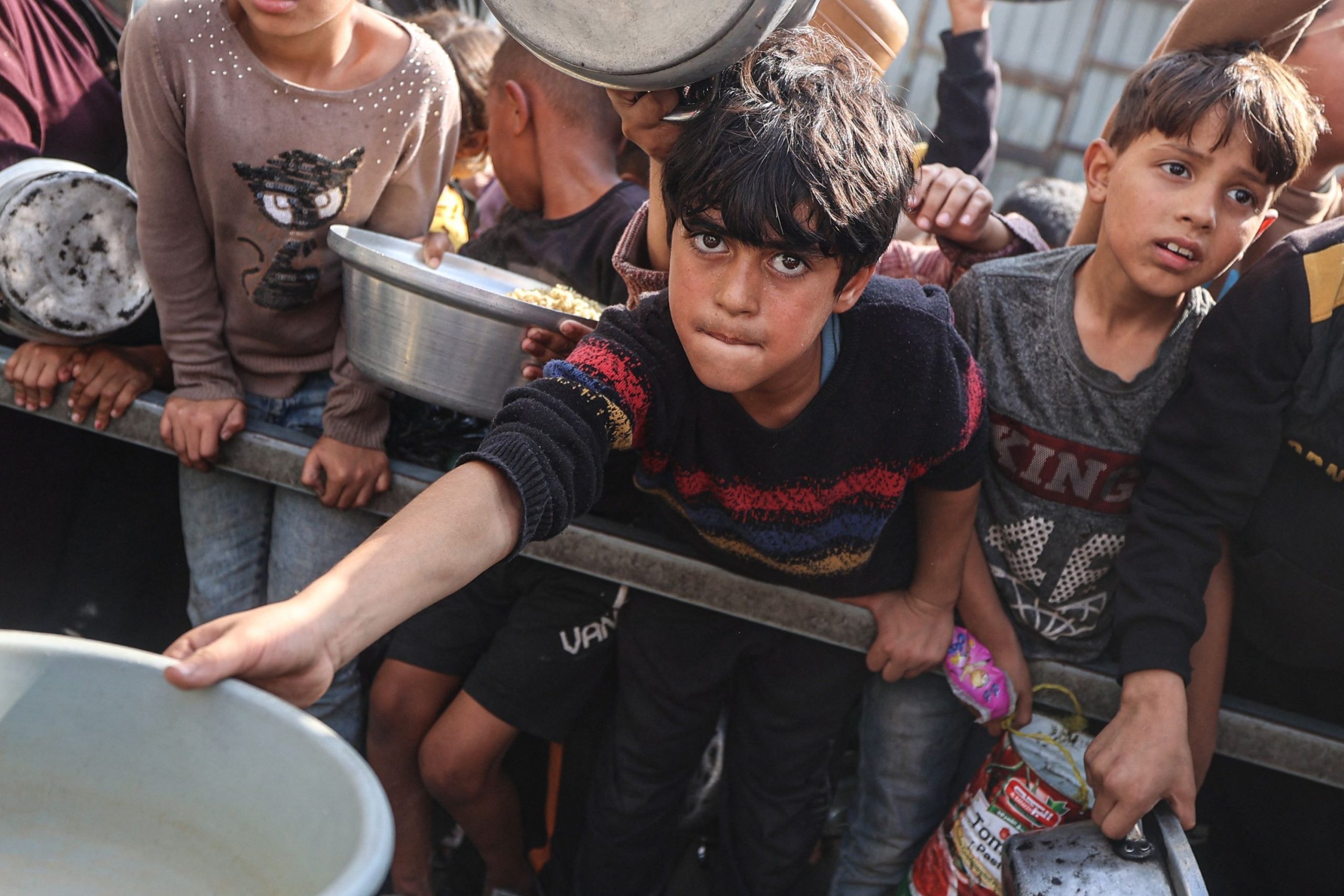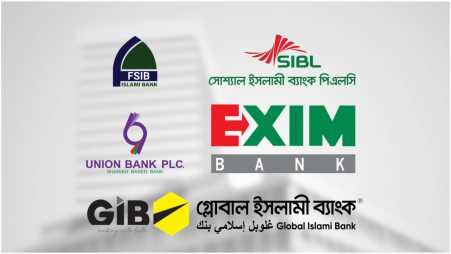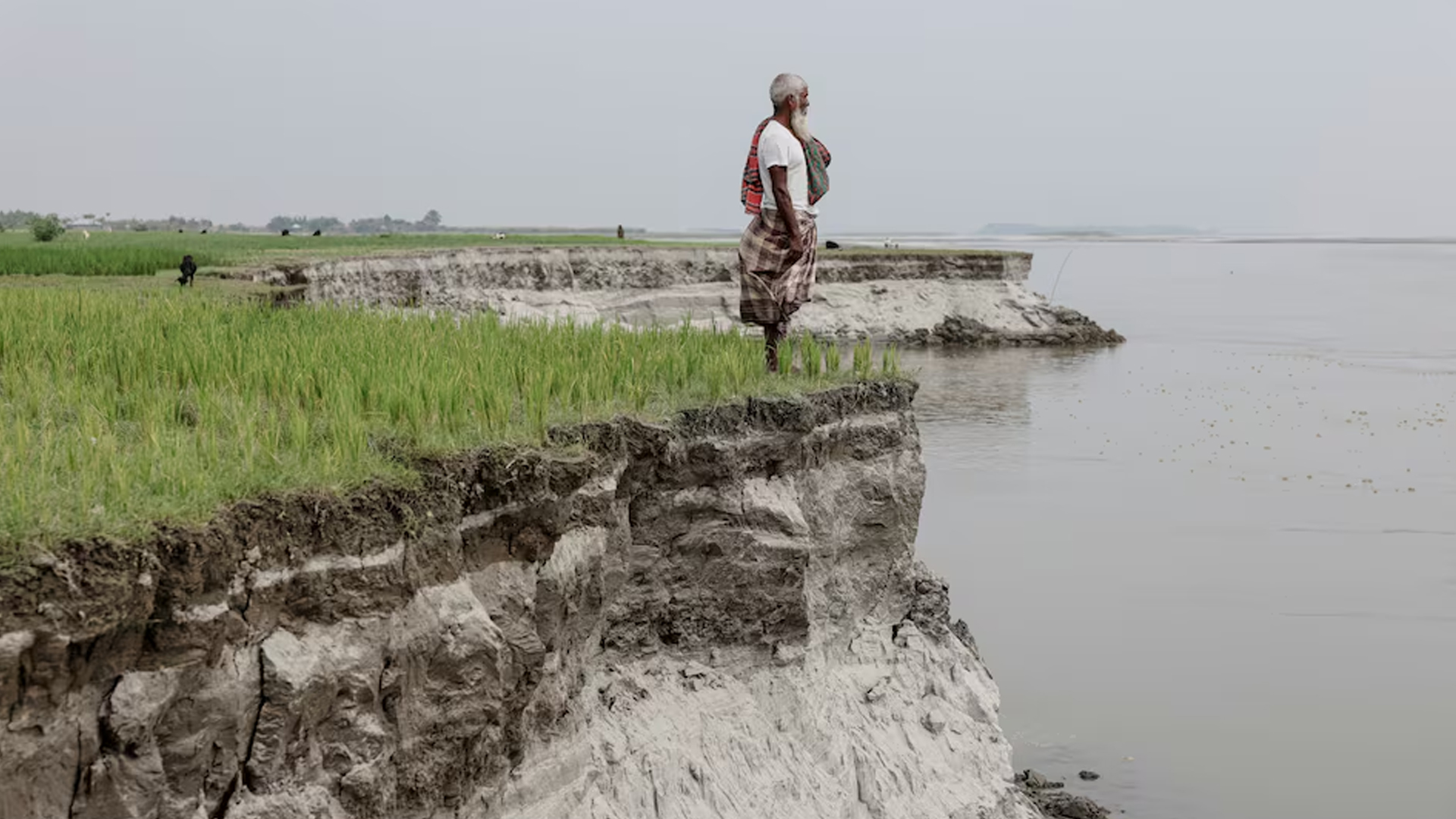Expanding Awareness Toolkits Like ‘HOPB’ to Every Orphanage in the Country

To present the findings of four field-based research studies under the “Advancing Sexual and Reproductive Health and Rights” (AdSEARCH) project of the international research organization ICDDR,B, a seminar titled “Journey to Evidence: Series Dissemination of AdSEARCH Innovation – Round One” was held on January 1 at the Sasakawa Auditorium of ICDDR,B. The seminar was chaired by Dr. Anisur Rahman, Acting Director of the Maternal and Child Health Division at ICDDR,B, and the research findings were presented by the division’s Senior Scientist, Dr. Ahmed Ehsanur Rahman. Chiefly, the seminar offered detailed insights into the effectiveness of four innovative ideas related to adolescents’ sexual and reproductive health rights (SRHR).
HOPB: Increasing SRHR Awareness Among Orphaned Adolescents
Researcher: Faria Rahman, Research Investigator, Maternal and Child Health Division, ICDDR,B
Support: Global Affairs Canada (GAC)
Orphaned children represent a particularly vulnerable group of adolescents. Many of them lack safe environments and reliable guidance, which often leads to unsafe sexual behaviors and increased risk. Among approximately 17,500 registered orphaned adolescent girls in various institutions, roughly half experience some form of exploitation or abuse.
In this context, a toolkit named HOPB was developed to raise SRHR awareness among orphaned adolescent girls. Because HOPB includes five illustrative picture cards, a booklet, posters, and puzzle-like activities, users can learn basic concepts of sexual and reproductive health more easily. A study conducted with 8,700 orphaned girls in government-run orphanages in Dhaka, Chuadanga, and Faridpur found that, after implementing HOPB:
- The rate of awareness regarding women’s health issues rose from 4%–11% to 51%–59%.
- Adolescents developed clear understanding of menstrual hygiene, modern contraceptive methods, and their own rights.
The research recommends that all government and non-government orphanages in Bangladesh adopt initiatives like HOPB to make SRHR services more accessible to adolescent girls.
Syed Bayet, Country Director of Ipas Bangladesh, commented, “We still cannot ensure adequate gender and reproductive health services for adolescents, particularly orphaned girls. Therefore, an initiative like HOPB is truly commendable.”
MOKHURIT: Digital SRHR App for Adolescents
Researcher: Dr. Hasan Rasheq Mahmud, Research Investigator, Maternal and Child Health Division, ICDDR,B
Support: Global Affairs Canada (GAC)
Adolescents—boys and girls alike—make up almost a quarter (36 million) of Bangladesh’s population. Yet many of them remain deprived of accurate information and services related to sexual and reproductive health rights (SRHR). Because of persistent taboos in the community, confusion and fear often create unnecessary risks.
To address this, a modern mobile application called MOKHURIT was developed. This app enables adolescents to easily access reliable SRHR information, dispel misconceptions, and seek counsel when needed.
In 2023, the effectiveness of MOKHURIT was tested among ninth-grade students in three secondary schools (one girls’ school, one boys’ school, and one coeducational school) in Feni. The participating adolescents not only absorbed the information but, by discussing with peers, were encouraged to talk openly about SRHR topics. Study results showed:
- The average SRHR concept knowledge score rose from 5.7 to 7.5.
- The average awareness score increased from 6.6 to 8.7, indicating a 16% improvement.
A 15-year-old student said, “Using the MOKHURIT app, I learned so many new things I didn’t know before. It has boosted my confidence.” Researchers noted that the app’s use has paved the way for family discussions and teacher-facilitated conversations about contraception and bodily changes.
Dr. M. Shamsul Haque (Program Manager, Adolescent Health, DGHS) remarked, “Providing age-appropriate information to adolescents is essential. To succeed in this work, long-term planning and collaboration among various organizations are required. I believe the MOKHURIT app can make a full contribution in this area.”

Menstrual Experiences of Female Athletes
Researcher: Dr. Mehjabin Tishan Mahfuz, Senior Scientist, Nutrition Research Division, ICDDR,B
Support: Global Affairs Canada (GAC)
Although influential policies related to menstrual health and athlete training exist for talented young female athletes, practical resources and support remain greatly lacking. This gap causes important issues—such as proper nutrition, personal hygiene, and safe contraceptive methods—to be overlooked, negatively affecting athletes’ physical and mental performance.
Against this backdrop, a study was conducted at the Youth Leadership Development Centre (BKSP) with 100 female athletes aged 12–19. Key findings were:
- 62% of the athletes reported having received no information before menarche, and 86% felt they had not been provided sufficient information.
- Most athletes received menstrual information from family (88%) and from coaches or teachers (61%), whereas only 5%–11% cited books or even their mothers as sources of information.
- 57% stated they did not receive advice on nutritious foods during menstruation, and 65% had to pause certain physical activities.
- None had adequate toilet facilities; about 80% felt their toilet arrangements were insufficient.
Researchers emphasized that it is high time sports-related policies create a menstruation-friendly environment. Breaking social taboos, launching awareness programs, recruiting female health professionals, and training coaches must be ensured. These steps would both enhance the performance of female athletes and pave the way for gender-sensitive policy frameworks.
International sports consultant Anupam Hossain added, “The success of Bangladeshi women in sports is growing daily. If we can support them as needed, their development will be smoother and more dynamic.” He expressed gratitude to ICDDR,B for this initiative.
Use of Menstrual Cups Among Garment Workers
Researcher: Nabila Mahmud, Research Investigator, Nutrition Research Division, ICDDR,B
Support: Global Affairs Canada (GAC)
Bangladesh’s Ready-Made Garment (RMG) industry is a major driving force of the national economy. Though hundreds of thousands of women work in this sector every day, their menstrual health is not given proper importance. Due to the lack of safe and sanitary facilities at the workplace, women face both physical and psychological difficulties.
To test whether reusable menstrual cups could address this issue, a study was conducted with 85 women in five garment factories in Dhaka and Gazipur. Findings included:
- After using this reusable, medical-grade silicone cup, women regained confidence in managing their menstrual health.
- The cup adapted well to their work environments and available toilet facilities at home.
- As a result, they saved money compared to using colored sanitary pads and felt greater physical comfort.
Dr. Akhter Sayeeba, Chairperson of the Bangladesh Medical Research Council, commented, “If we cannot work on adolescent girls’ health, overall health improvement will not be possible.” Farzana Sultana, Development Advisor at Global Affairs Canada, thanked the Government of Canada for its continued support. Finally, Dr. Kamon Nahar, Director General of ICDDR,B’s relevant department, underscored the social significance of the initiative and offered her gratitude.
Representatives from the Directorate General of Health Services (DGHS), the Directorate General of Family Planning (DGFP), the Department of Social Services (DSS), and other relevant policymakers, along with experts, attended the seminar. They participated in in-depth academic discussions, emphasizing the importance of joint planning to create adolescent-friendly sexual and reproductive health services.
Acknowledgment of Notable Contributions
Behind this seminar and the associated research lies the long-term support of ICDDR,B and Global Affairs Canada. They have undertaken various initiatives to deliver SRHR information and services to adolescents. Each of these four field-based innovations has demonstrated how direct, technology-driven approaches can be effective in realizing sexual and reproductive health rights. Through collective efforts, the government, along with private organizations and local communities, must be mobilized to expand such initiatives nationwide—so that adolescents can be assured of a healthy future.






















